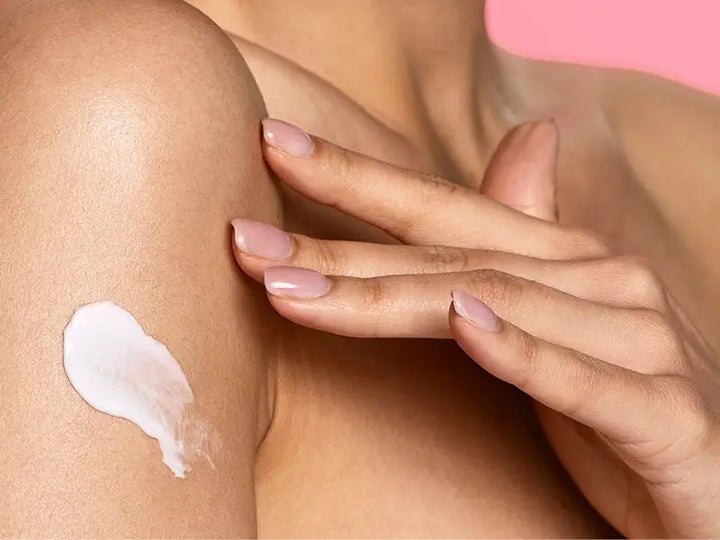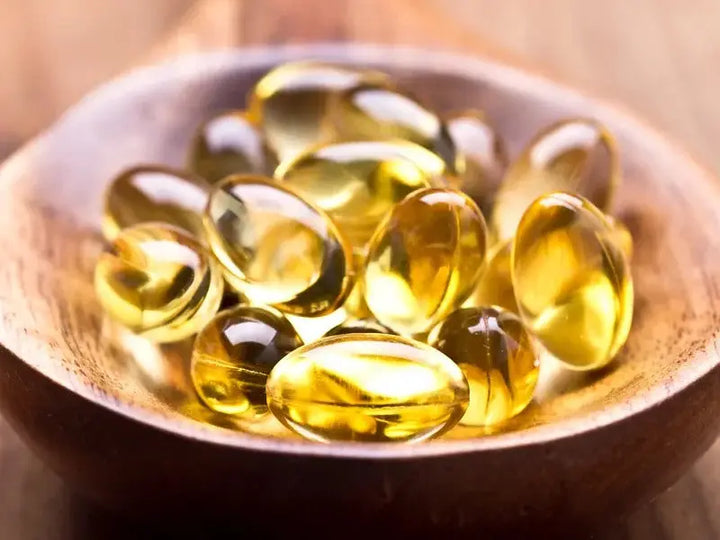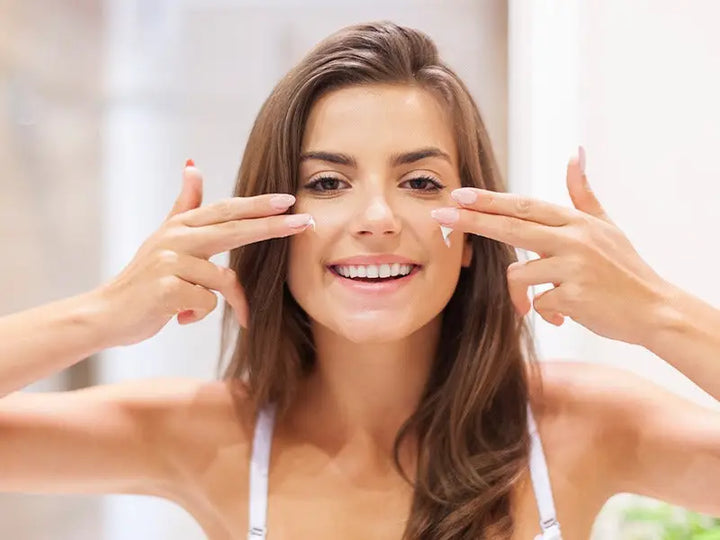Have you been dealing with hair damage? One reason behind this could be the excessive treatment that your hair has suffered from. If at one point you’ve had your hair dyed or treated with chemicals, there’s a huge chance that your hair will endure damage.
Unsure if you are dealing with overtreated hair? Have your questions answered through this article that provides comprehensive information on over treated hair.
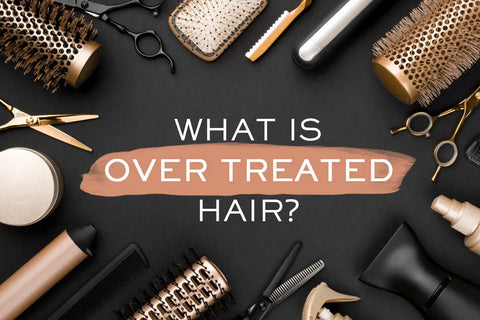
What is Over Treated Hair?
To define, over treated hair is one that has undergone repeated manipulation of the hair shaft. This is common when blow drying or using heat to style the hair. Use of chemicals is also one of the culprits that cause damage to the hair. Basically, when hair problems arise due to the use of treatments, over-treated hair becomes the end result.
Still confused if you have over treated hair? Here are some of the signs you need to check.
SIGNS OF OVER TREATED HAIR
SPLIT ENDS
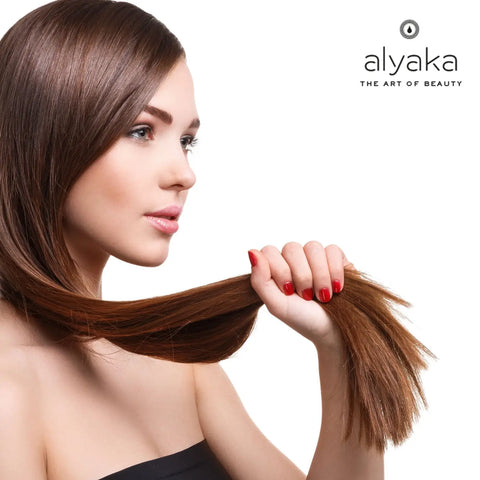
One of the most obvious signs of over treated hair. Split ends are characterised by small and irregular strands that seem to stick out. If you look closely, you’ll notice ends that have broken apart.
Did you know: One common reason for split ends is heat damage. Frequent use of heat styling tools may lead to brittle hair. This can lead to split ends over time.
SEVERE HAIR FALL AND BREAKAGE
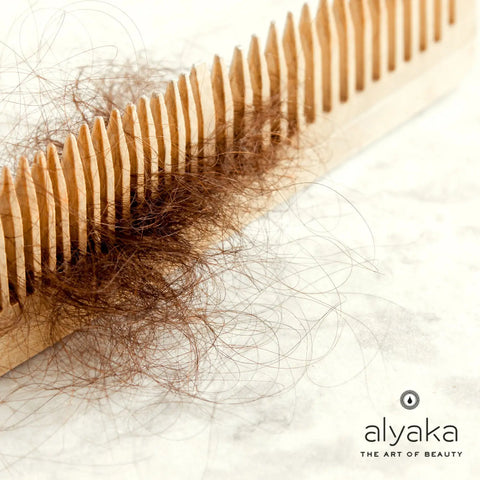
An over treated hair tends to be weak. Once you notice falling hair that is beyond the amount of what you normally experience, you can tell that you are experiencing hair fall and breakage related to brittle and weakened hair.
DULLED SHINE
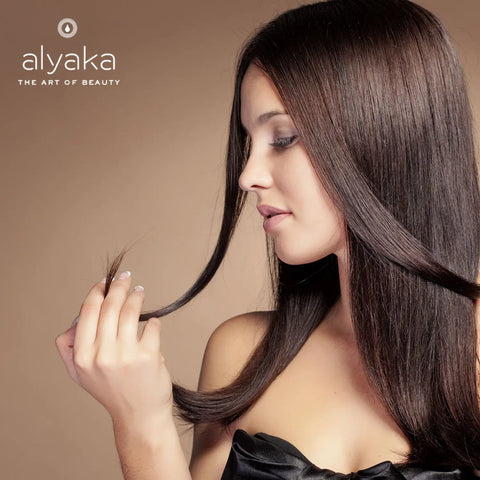
Has your hair lost its shine? The ingredients used in hair styling products like gels and hair sprays could lead to buildup on your hair. When that happens, you will notice your hair turning dull and lackluster.
Remember: Hair dyes are also some of the hair styling products with ingredients that can damage your hair. When done frequently and without safe and natural hair dye, you could soon be dealing with dry and damaged locks.
DRYNESS
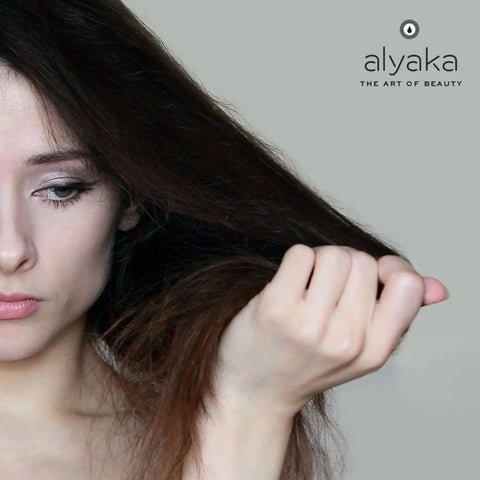
An over treated hair is one that is deprived of moisture, therefore making it brittle and dry. When dealing with dry hair, it is recommended to use a nourishing hair conditioner. Doing this on a regular basis can help seal moisture on the shaft of your hair.
EXTREME TANGLES
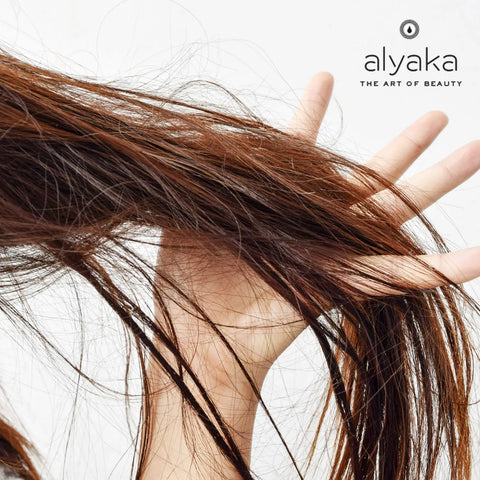
If you have recently noticed too many tangles, this is one indication that your hair is no longer in its best state. Tangles and locks in your hair occur as a result of damaged and opened hair cuticles.
TIP: Refrain from using plastic brushes when dealing with hair tangles. Choose brushes with nylon bristles to avoid a tangled mess.
Now that you already know the signs to watch out for to recognise problems with over treated hair, it’s time to know the actions that you need to take. Read on to know the rules to live by so you can work your way to a healthy and gorgeous hair.
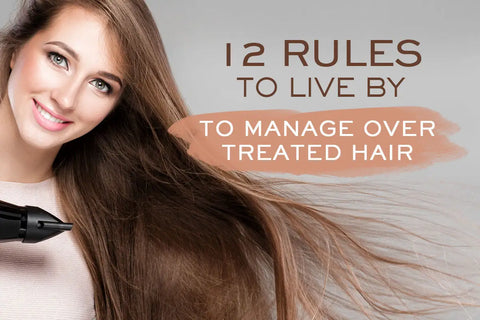
12 RULES TO LIVE BY TO MANAGE OVER TREATED HAIR
1. BE EXTRA CAREFUL WITH WET HAIR
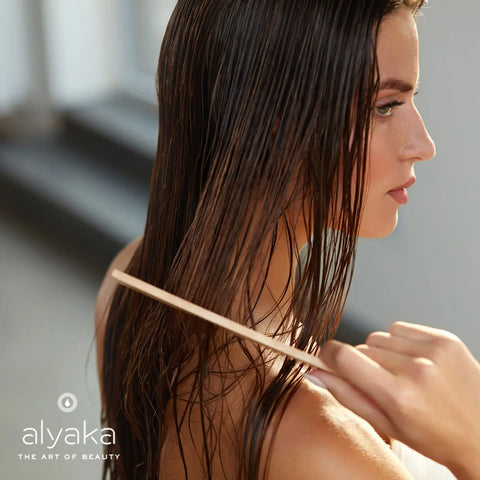
If you’re experiencing hair breakage when your hair is dry, the chance for hair to break is higher with wet hair. Because of this, it is advised to avoid using a brush with wet hair to avoid causing severe damage. It is more ideal to use a wide-toothed comb on wet hair. This will help you untangle your hair without causing more damage.
2. DITCH YOUR HARD-BRISTLED BRUSHES
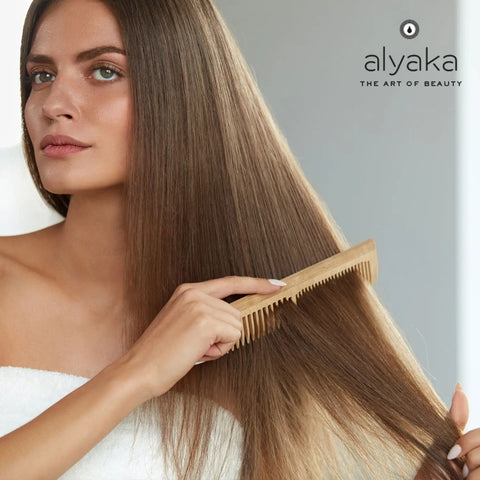
You can smooth your dry hair without causing further damage if you will use a soft bristled brush. They can detangle hair while allowing natural scalp oils into the hair follicles. When oils reach the follicles, the hair will be coated with natural shine and will result to healthier-looking tresses.
What We Recommend: BACHCA Detangling & Smoothing Brush
This natural wooden hair brush combines nylon and boar bristles that can detangle and smooth hair. It also comes with flexible nylon pins and porcupine boar that seal the hair cuticle and improve shine.
3. SAY ‘NO’ TO HARSH INGREDIENTS
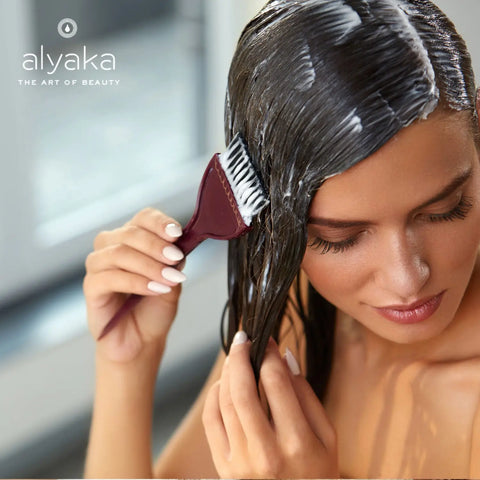
Even healthy hair has no match to products with harmful chemicals. Imagine the damage that it can further inflict when you are already dealing with over treated hair. Be careful in choosing hair products. Make sure to avoid those with harsh ingredients, including but not limited to ammonia and resorcinol.
4. REBUILD HAIR WITH PROTEIN AND MOISTURE BOOST
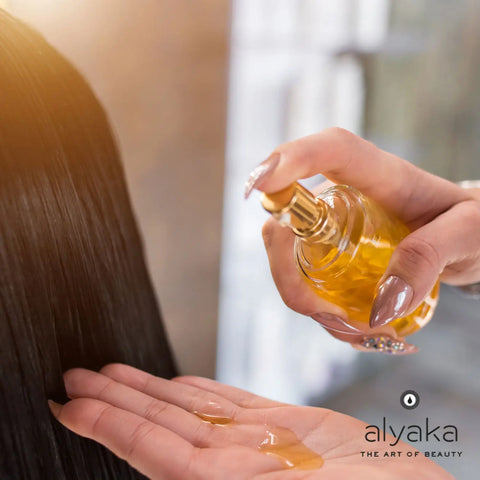
One way to restore hair health is by bringing back protein and moisture to the hair. Not only will it make the hair look healthier, it will also help prevent hair breakage, dryness, hair fall, and even restore its shine.
What We Recommend:
This serum is formulated to hydrate and restructure hair. It targets the internal structure of the hair fibre and has a combination of small molecular proteins, bio-lipids and natural AHAs to leave the hair protected, soft, and well-nourished.
5. CUT BACK ON HEAT STYLING
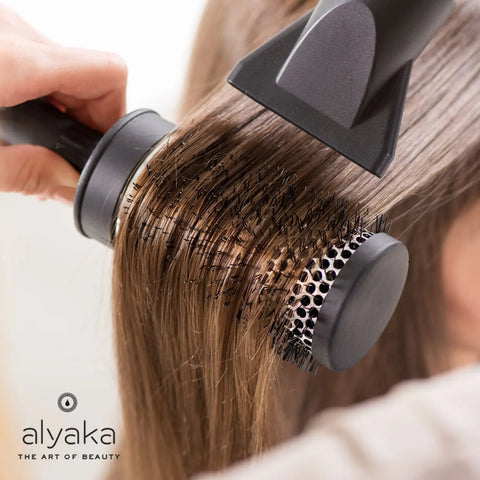
As much as you want to use your curling iron every time you leave the house, this is not the best thing to do if you want to give your hair the best possible care. With an over treated hair, you will just worsen the damage if frequent heat styling is done. Ideally, do this at least once a week and with low heat setting. You also have to use a heat protectant and hair products with aloe vera and sunflower seed extract to protect your hair from further damage and support it with the moisturisation it needs.
6. USE HAIR MASKS AND OILS
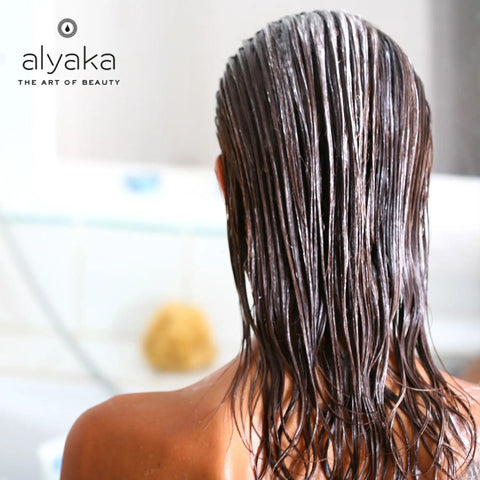
When you have an over treated hair, you have an increased need to hydrate your hair. This is to ensure that further damage to the hair will be prevented. Hair masks and hair oils can provide the added hydration the hair needs and even tame frizz.
What We Recommend: Gloss Moderne Clean Luxury Masque
Perfect for people of all ages and hair types, this hair mask comes with a highly-concentrated formula that can repair damaged hair and even get rid of frizz to keep hair soft, shiny, and healthy.
7. AVOID HOT SHOWERS

Basically, heat is not good for your hair. This includes the heat from the hot water you use when taking a shower. It is ideal to wash hair with warm water so as to prevent it from being dehydrated. When hot water is used, your hair will be prone to damages and will eventually increase the chances for your hair to be brittle and dry.
8. SKIP SHAMPOO ONCE IN A WHILE
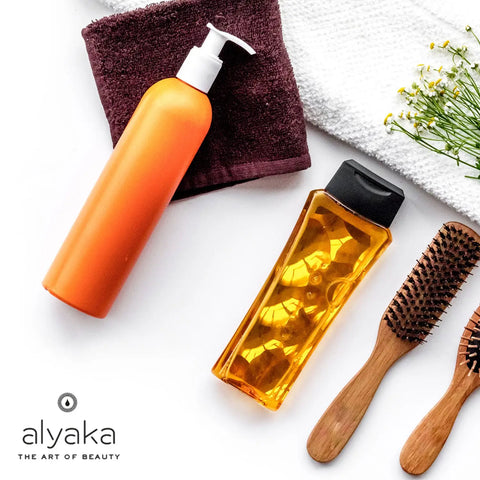
It is not recommended to use shampoo everyday when you have damaged hair. While shampooing may seem like a part of your daily ritual, you should know that doing it too often can cause scalp irritation. Furthermore, it also washes away the hair’s natural oils. Instead, it is more ideal to wash the hair with warm water and use a moisturising conditioner with a gentle formula from time to time.
What We Recommend: ILA SPA Nourishing Conditioner
This conditioner packs the purest ingredients to nourish and moisturise hair. It has jojoba oil for deep moisturisation, apricot oil that nourishes and softens hair, and other natural ingredients that you’ll need to restore the beauty of your hair.
9. BE CONSCIOUS OF THE WEATHER

There’s no such thing as an ‘all-season’ hair products especially when you have over treated hair. For instance, what you’d need during the winter are hair products that can boost moisture and hydration. On the other hand, you’ll need a hair product during summer that can counter the effects of heat and humidity to your tresses.
10. LET YOUR HAIR RELAX
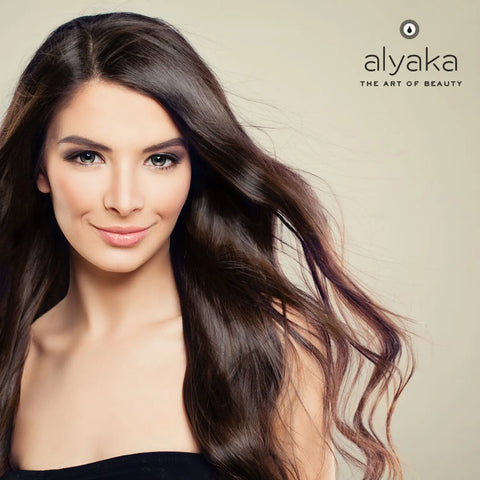
Loosen up! You have to give your hair some rest especially with the stress that it endures from day to day. Refrain from super tight ponytails, headbands, or other styles that put pressure to the hair. Another thing to watch out for is using the same hairstyle or wearing pins or tie to the same place all the time. It may seem harmless but it can actually cause stress and lead to hair damage.
What We Recommend: HOLISTIC SILK Pure Mulberry Silk Scrunchie
This silk scrunchie is not just stylish, it also keeps hair under control without snagging it. It is comfortable and delicate enough to catch your hair minus the pressure.
11. GET A HAIRCUT
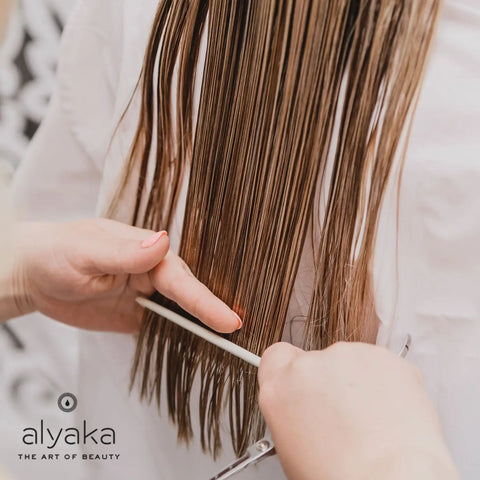
When was the last time you had a hair cut? It may not seem essential but it also impacts hair health. Ideally, you should get a trim or at least a light dusting every 6 weeks. This will prevent split ends and keep it from worsening.
12. KEEP YOUR STRESS LEVEL LOW

Stress is detrimental to your health, that’s a fact. But did you know that it can affect hair health, too? The experience of stress has an effect on your food choices. It can also interfere with quality sleep.Those changes take a toll on your hair. To avoid damaging the hair even more, you have to keep in mind that how you respond to stress can have an overall effect. Stress may be inevitable but you definitely can control its effects.
ALSO READ: Argan Oil: Uncover the Secrets to Having Beautiful Hair
ALSO READ: 22 Easy Hairstyles for Busy Women
There are tell-tale signs of over treated hair that you should not disregard. Hair health affects overall wellness. While signs won’t lie about the condition of your hair, there are several ways to manage the condition and keep it from worsening. Follow the above mentioned tips to help your hair recuperate!




